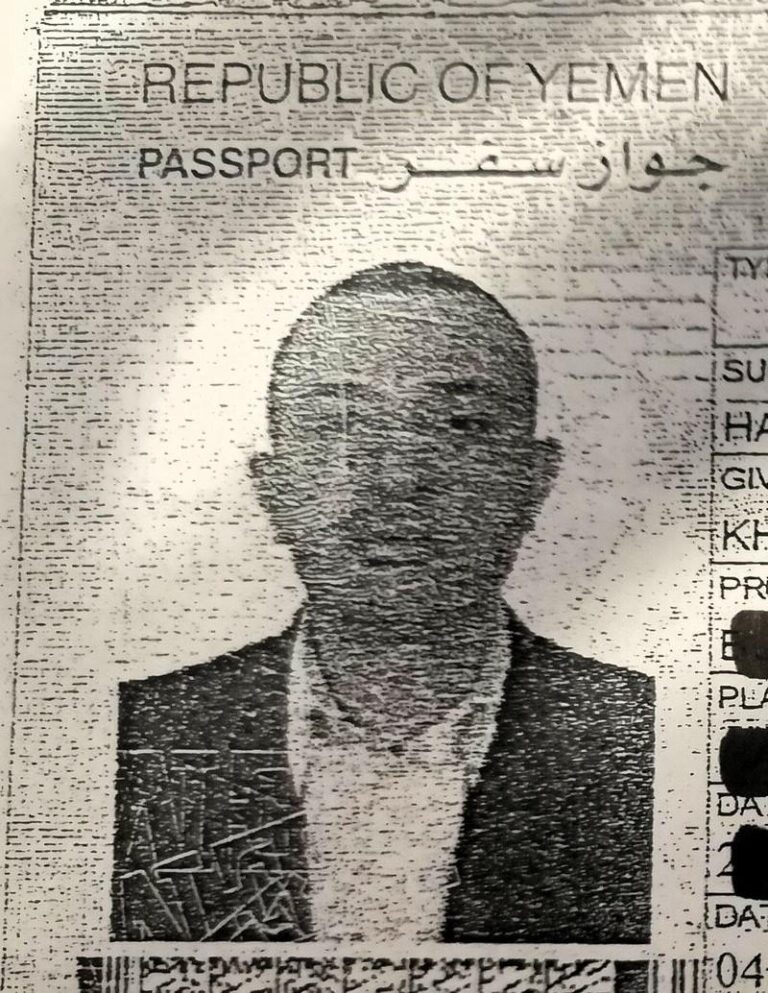In a move that has raised eyebrows within international diplomatic circles, the United Kingdom has lifted sanctions on Serbian arms dealer Slobodan Tešić, even as the United States maintains its blacklisting against him. Tešić, a figure long scrutinized for his alleged involvement in illicit arms trading, remains under strict restrictions by the US Treasury amid concerns over regional security and illicit proliferation. The UK’s decision marks a notable divergence in Western policy approaches and prompts questions about the future cohesion of allied efforts to curb illicit arms flows. This development unfolds against the backdrop of ongoing geopolitical tensions in the Balkans and highlights complexities in the global sanctions regime.
UK Lifts Sanctions on Serbian Arms Dealer Slobodan Tešić Amid Transatlantic Tensions
The UK government has officially lifted sanctions previously imposed on Slobodan Tešić, a prominent Serbian arms dealer, igniting debate amid increasing transatlantic political friction. While the United States continues to maintain its blacklist on Tešić citing concerns over arms trafficking and regional instability, London’s decision signals a shifting stance in its foreign policy approach. Observers note that this move could be interpreted as a tactical effort by the UK to assert greater independence in its international relations post-Brexit, despite potential fallout with Washington. The removal of restrictions allows Tešić to legally engage in financial transactions and arms trading activities within UK jurisdiction once again.
This divergence between UK and US policies has heightened scrutiny from both political analysts and international watchdog groups. Key points emerging from this development include:
- UK’s rationale: Emphasis on re-evaluating evidence and diplomatic recalibration.
- Potential impact: Complications in UK-US intelligence-sharing frameworks.
- Regional implications: Influence on Balkan security dynamics and arms flow oversight.
- Watchdog concerns: Risk of undermining global sanctions regimes.
| Aspect | UK Position | US Position |
|---|---|---|
| Sanction Status | Lifted | Active |
| Reasoning | Reassessment of evidence | Suspected illegal arms activities |
| Diplomatic Impact | Strains UK-US relations | Maintains pressure on Balkan networks |
| Security Implications | Potential risks to regional stability | Aims to contain arms proliferation |
Implications of Divergent UK and US Policies on International Arms Trade Regulations
The recent decision by the UK government to lift sanctions against Slobodan Tešić, a prominent Serbian arms dealer, starkly contrasts with the continued blacklisting maintained by the United States. This divergence highlights a growing fragmentation in international arms trade regulations, where geopolitical interests and bilateral relations increasingly influence sanction policies. While the US maintains a hardline stance rooted in concerns over regional stability and human rights, the UK’s reversal may signal a shift towards pragmatic engagement with key players in strategic regions, potentially driven by post-Brexit trade considerations.
Such unilateral policy departures complicate global efforts to enforce consistent arms control and undermine multilateral regulatory frameworks. Key consequences include:
- Regulatory ambiguity: Confusion among international businesses regarding compliance obligations.
- Diplomatic friction: Strained UK-US relations in defense and foreign policy coordination.
- Market distortions: Uneven enforcement granting competitive advantages to entities operating under laxer regimes.
| Country | Sanction Status on Tešić | Implication |
|---|---|---|
| United States | Sanctioned | Maintains tough stance on arms trade risks |
| United Kingdom | Sanctions lifted | Signals policy flexibility and regional engagement |
| European Union | Mixed positions | Balances between US alignment and national interests |
Experts Urge Coordinated Efforts to Address Enforcement Gaps and Strengthen Global Sanctions Compliance
The recent decision by the UK to lift sanctions on Serbian arms dealer Slobodan Tešić, while the United States continues to maintain its blacklisting, has reignited concerns among global compliance experts. Industry leaders warn that such unilateral actions create enforcement gaps that undermine the integrity of international sanctions regimes. They stress the urgent need for synchronized measures and enhanced intelligence sharing to prevent sanctioned individuals from exploiting jurisdictional discrepancies.
Key recommendations put forward include:
- Establishing standardized sanction lists accessible across borders
- Improving real-time data exchange between enforcement agencies
- Forming joint investigative task forces to monitor high-risk actors
- Implementing robust penalties for entities facilitating sanction evasion
| Agency | Status on Tešić | Recent Action |
|---|---|---|
| UK | De-sanctioned | Sanctions lifted in 2024 |
| US OFAC | Sanctioned | Remains blacklisted |
| EU | Under Review | Investigation ongoing |
In Summary
As the UK moves to lift sanctions on Serbian arms dealer Slobodan Tešić, contrasting sharply with the continued US blacklisting, the development highlights growing transatlantic divergence in approaches toward individuals linked to contentious arms trade activities. Observers will be closely watching how this decision impacts diplomatic relations and efforts to regulate global arms commerce amid ongoing geopolitical tensions. Further scrutiny and international dialogue remain essential as the situation unfolds.




